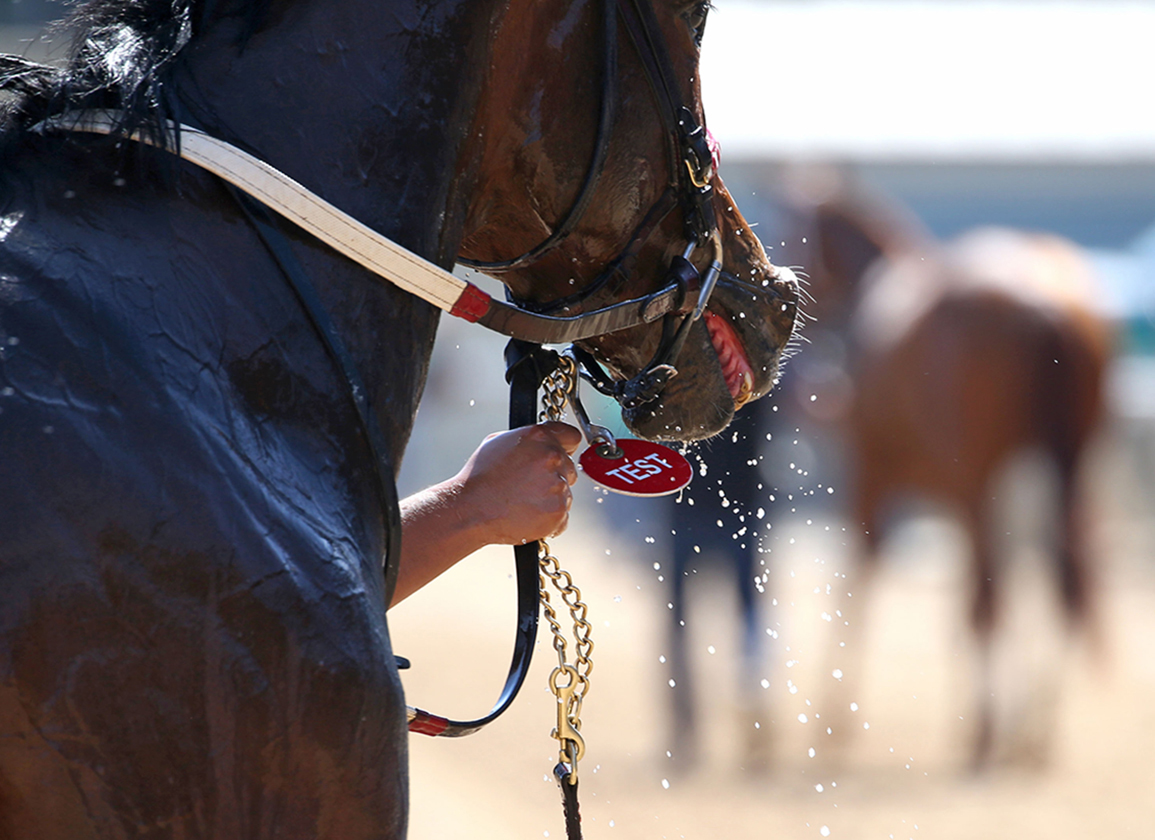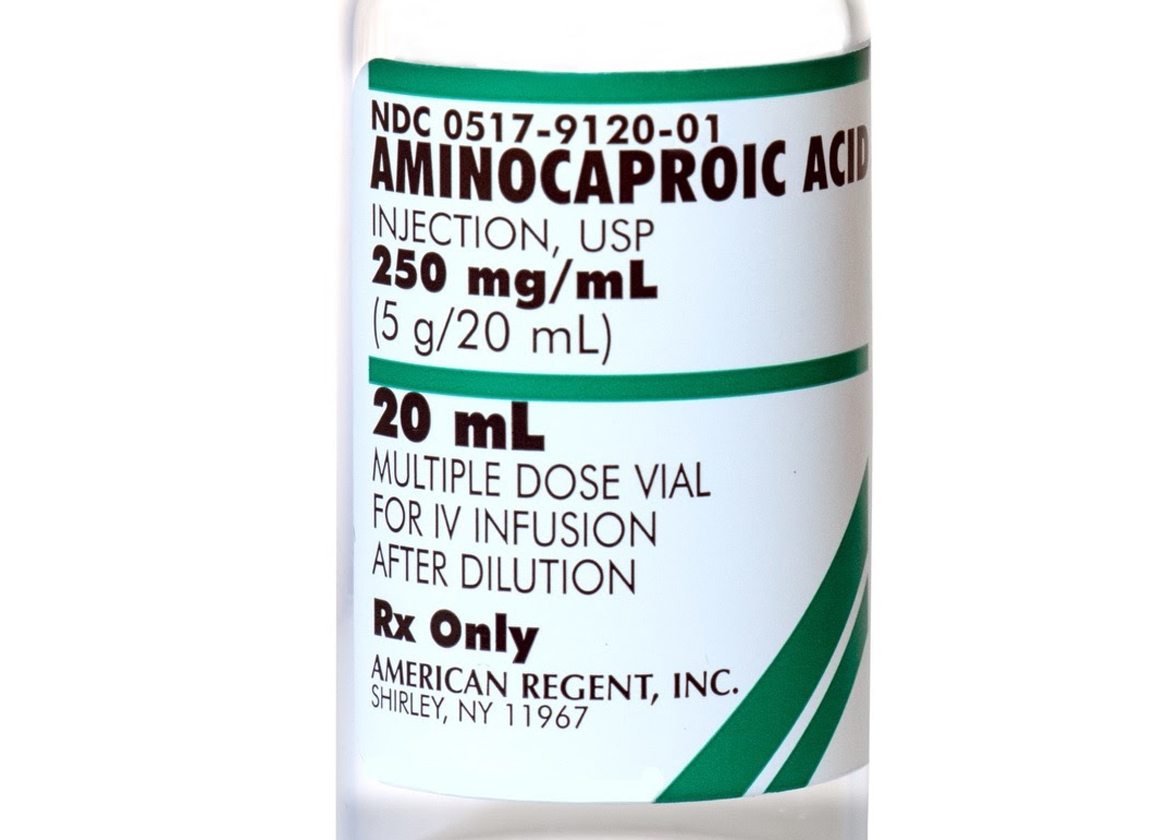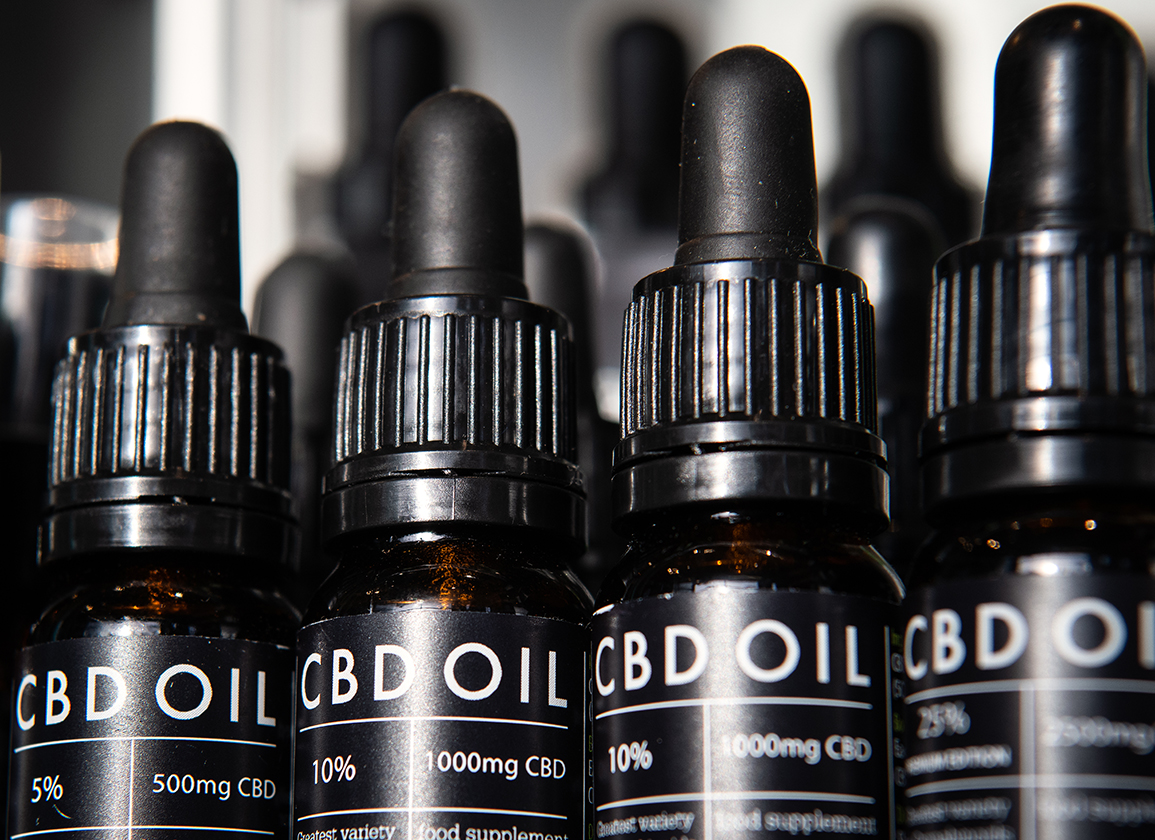Like many of you, I read Rusty Arnold's open letter about his positive test with interest, and carefully considered the concerns that he identified. Also, like many of you, I am privileged to personally know, and respect Rusty, so I do not take his criticisms lightly. Rusty identified some of the challenges inherent in administering an equine anti-doping and medication control ("ADMC") program that is efficient, effective, and fair. However, it is important to note that those same challenges existed long before HISA and HIWU came onto the scene. In...

















